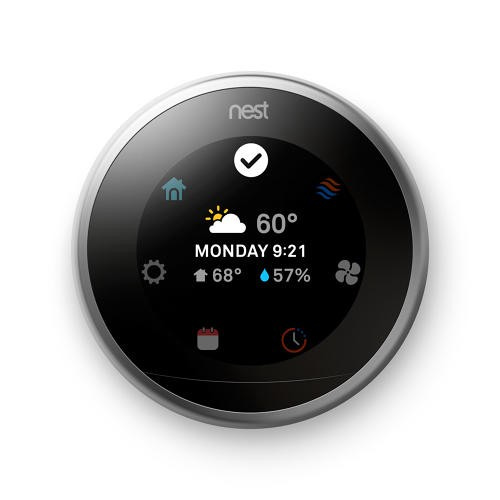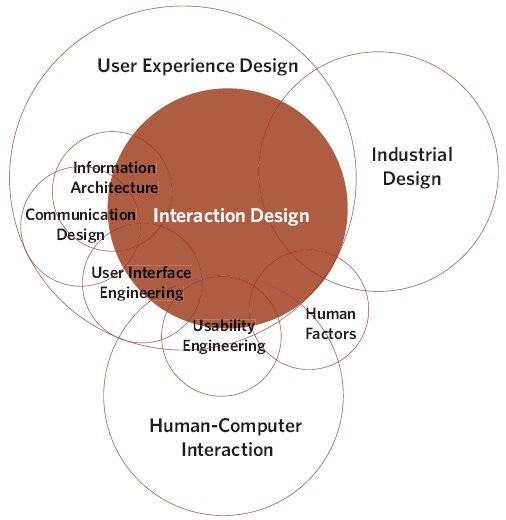Interaction Design and startups
The big picture
The big picture
If you ever wondered about the future of technology and how it will affect our lives, then you should have experienced the concept of IxD:
Interaction Design (IxD) defines the structure and behavior of interactive systems. Interaction designers strive to create meaningful relationships between people and the products and services that they use, from computers to mobile devices to appliances and beyond. Our practices are evolving with the world.*
We live in a world filled with sensors collecting our data, screens taking our command (and attention) and computing systems turning this data into intelligence. However, the voice command is still far behind dominating only output rather than input. In order to improve usability of digital devices and bring them into our physical lives, startups needs to focus on “designing for the complex, troubled people we are, rather than the easily satisfied consumers and users we are supposed to be which is what the programme taught by Professor Sharon Baurley at RCA is focused on. Iratel Ventures expects conversational commerce to be a big trend in 2016 and should form a major part of design thinking for startups.
The skills
In his book, Designing for Interaction, Dan Saffer, shows the importance of interaction design and how intertwined it is with other design disciplines.
The UX discipline primarily focuses on the digital experience on the web, mobile or applications, industrial design on the physical experience and the human-computer interaction on how humans use computers as machines. IxD, as shown above, is the layer sitting on top of all three which can truly address the needs of our current and future (physical-digital) lives. The line between the digital and physical experiences is rapidly blurring thanks to smartphones and the ever increasing integration of “smart” components in things.
The context
In our recent experience with startups, the design aspect is one which is either weak or completely missing. The high quality of engineering talent is well known but the only way we can build world class startups is to combine the best of all disciplines from engineering to design to business and hire for strength in each category. The leading brand in the smart home sector, Nest Labs, was able to achieve this position by reinventing the unloved experiences at home, not just by building a smart device full of features.
Through our strategic partnership programme, Iratel Ventures works with the best known names in each category to raise the standard for our startups and push the execution boundaries. These include world leading consumer electronics brands such as Nest and Apple, design leaders such as Bould Design and IDEO and thought leaders such as RCA. We strongly believe that a multi-discipline product works much better than a pure engineering one.

If you’d like to discuss conversational commerce, IxD or to find out how these partnerships can help your startup, get in touch or attend one of our Breakfast events.
This is the third in a series of posts about IoT and our investment criteria which is posted on our blog.


